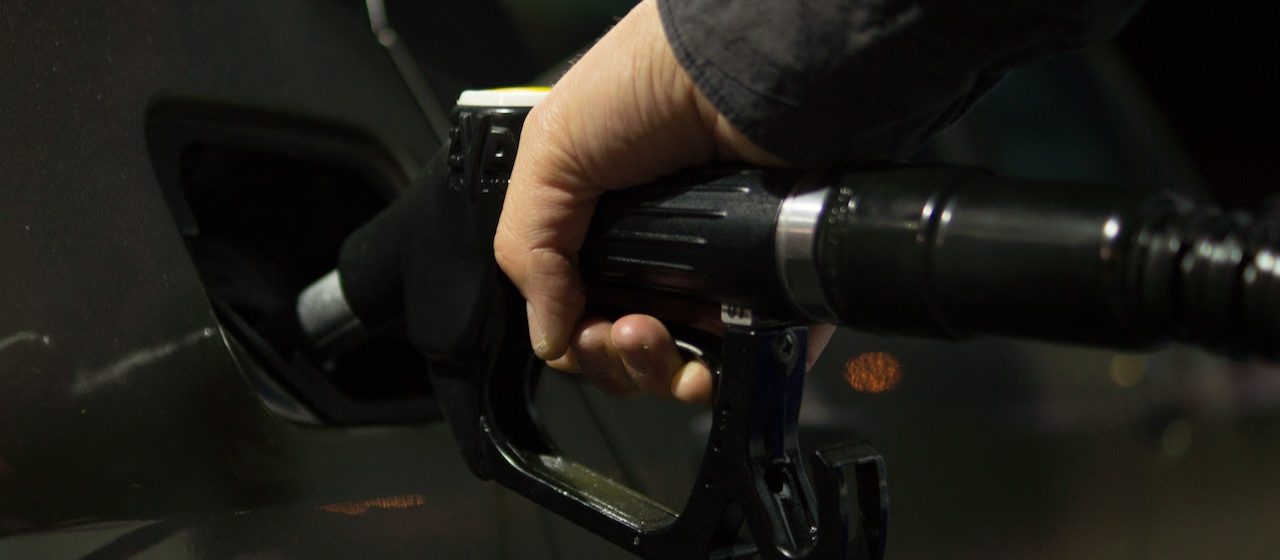Why Your Vehicle’s MPG Matters

Photo by Skitterphoto under Pexels License
Why Your Vehicle’s MPG Matters If You Want to Save Money
In a world where gas prices skyrocket every now and then, it’s no wonder why your vehicle’s MPG matters a lot.
If you don’t have a clue about what MPG means, it simply stands for “miles per gallon” or the measurement of the distance in miles that a particular vehicle can travel if you put just one gallon of fuel in its tank. For example, if a car has 35 MPG, this tells its owner that a single gallon of fuel can take the vehicle as far as 35 miles. In other words, a car’s MPG reflects its fuel efficiency.
A vehicle’s MPG is an extremely important factor to consider in purchasing a commuter car. It doesn’t take a rocket scientist to figure out why this is so because the higher your vehicle’s MPG, the more fuel efficient it is. Vehicles that have high MPG ratings use less fuel. Less fuel used means bigger savings for operational costs.
The Challenging Part
Did you know that getting a consistently accurate MPG measurement is a bit challenging? The reason for this is that factors like traffic and road conditions can significantly affect the MPG rating. This is precisely the reason why the United States Environmental Protection Agency (EPA), which certifies MPG figures, conducts multiple test runs over selected courses to determine the statistical averages of vehicles. Any given vehicle can have three MPG ratings determined for them, namely: the city MPG, highway MPG, and the combined weighted average of both.
When we look at a vehicle, we usually see two MPGs displayed—one is for city MPG and the other is the highway MPG. City MPG refers to driving with frequent use of the brakes, which is usually what happens when you’re driving around the city. On the other hand, Highway MPG refers to the MPG measurement during a non-stop high-speed operation on an open stretch of road using a single gallon of fuel. It’s usually higher than City MPG since it involves more efficient use of the engine.
How to Measure Your MPG
It’s important to note that since people have different styles of driving, the MPG number could be different from one vehicle to another. If you want to know your vehicle’s MPG, here’s how you can personally measure it:
- Fill up your gas tank and reset the odometer.
- Go for a drive until you’ve used up all your gas or your gas tank is almost empty that you need to fill it up immediately.
- Take note of how many gallons of gas you’ve used up.
- Take the odometer reading.
- Divide the odometer reading by the number of gallons used.
The resulting number you get from that is your vehicle’s MPG. The higher the number, the more efficient your vehicle’s engine is.
What to Do with a Vehicle That Has Low MPG Rating
Do you have a vehicle that has a low MPG rating? If it’s not only a gas-guzzler but also suffers breakdowns every now and then, these are clear signs that it’s about time to ditch this car and buy a new one
Now, you may ask, what’s the best thing to do with your beater? How about donating it to us at Breast Cancer Car Donations? We will accept your vehicle donation offer regardless of its type, age, mileage or physical state. Moreover, we’ll quickly tow it away from your property as zero cost to you.
Since the proceeds from the sale of your donated vehicle will be used by our IRS-certified 501(c)3 nonprofit partners, you’ll even be entitled to receive the maximum tax deduction based on the selling price of your vehicle at auction or its fair market value.
That’s not the best thing yet that can happen to your donated vehicle. Once we transfer the amount generated from the sale of your vehicle to our charity partners, they will use it to sustain the comprehensive breast health services they’re delivering to all needy individuals in your community, including free breast cancer screening. They also provide various forms of assistance to those diagnosed with the life-threatening disease and who don’t have the financial capacity to pay for their full treatment. As such, a vehicle that you no longer find useful to you can transform into a life-saving resource for needy breast cancer patients.
With our combined efforts, we can bring down breast cancer numbers in your area and the rest of the country!
For more information on our car donation program, check out our FAQs page. For inquiries, you may call us at our toll-free hotline 866-540-5069 or send us a message online.
You can make your car donation by filling out our secure online donation form or calling us directly. We accept vehicle donations anywhere in the United States since we have car donation programs in all 50 states.

Photo by Erik Mclean under Pexels License
Why Your Car Donation Also Matters
Now you know why your vehicle’s MPG matters. You now also know why your participation in our vehicle donation program matters. Call us at 866-540-5069 to learn more about the benefits of car donations—to breast cancer patients, your community, and yourself as well!
Last Updated: March 10th, 2023
